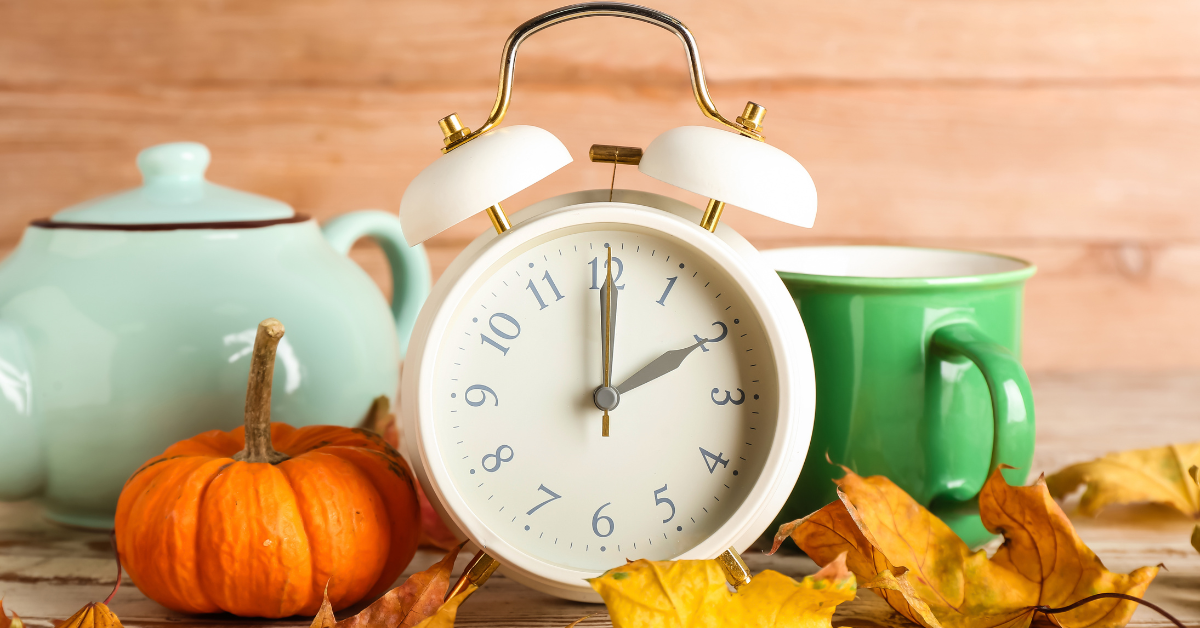Understanding Daylight Saving Time requires a journey back in time. Let’s explore the origins, intentions, and the evolving perspectives surrounding this biannual clock adjustment.
Ancient Timekeepers
While we might think of Daylight Saving Time (DST) as a relatively modern concept, the ancient Romans had a related practice. Their water clocks, used to measure hours, adjusted to longer summer days and shorter winter ones.
The Spark of an Idea
The seed for modern DST can be somewhat credited to Benjamin Franklin. In 1784, while serving as an ambassador in Paris, he penned a lighthearted letter suggesting that waking up earlier would save candle costs. It wasn’t a serious proposal, but it certainly introduced the idea.
The Advocates of DST
George Vernon Hudson, a New Zealand entomologist, was perhaps the first to officially propose a two-hour shift in 1895. His motivation? More daylight hours to examine his insect collection.
But, the true champion of DST was English builder William Willett. Struck by the idea during an early morning horseback ride, he spent much of his life pushing for this change, believing it offered numerous benefits.
Wars and the Adoption of DST
The First World War accelerated DST’s global adoption. In 1916, Germany, followed by other countries, adopted DST to conserve coal. Post-war, however, its adoption was inconsistent and often caused confusion until the introduction of the Uniform Time Act in 1966 in the U.S., which standardized its observance.
The Energy Crisis and DST Revisions
The 1970s’ energy crisis led to a temporary year-round DST in the U.S., which was later reversed due to concerns like children commuting in darkness. 2007 marked another change, extending DST to offer more evening daylight.
The Ongoing Debate
Today, with over 70 countries observing DST, its value is still debated. While the original goal was energy conservation, studies indicate the savings are marginal. The longer daylight hours do, however, offer lifestyle benefits for many.
Daylight Saving Time, a practice with roots deeper than we often realize, has a rich history influenced by war, energy needs, and societal benefits. As we adjust our clocks, we participate in a tradition with centuries-old origins. So, do you think it’s still worth it?

